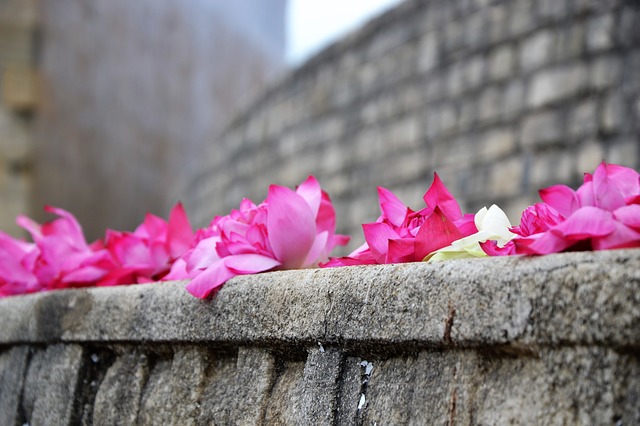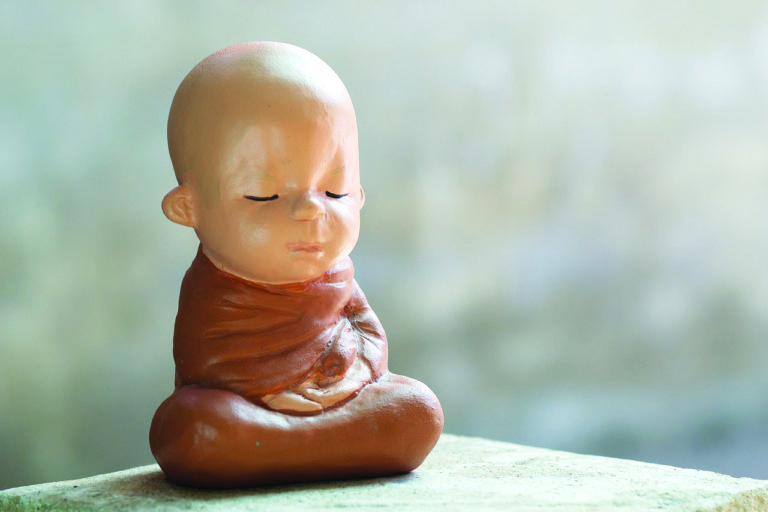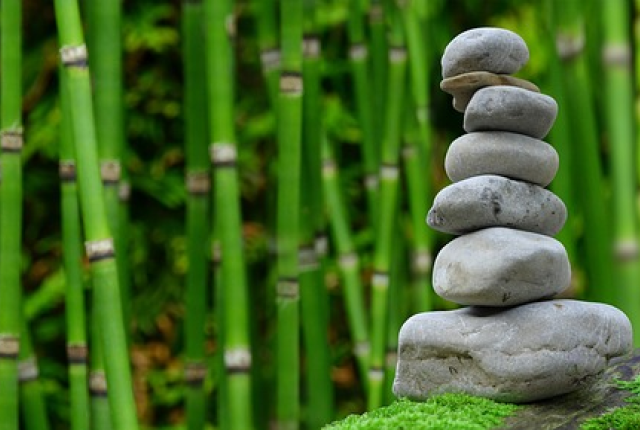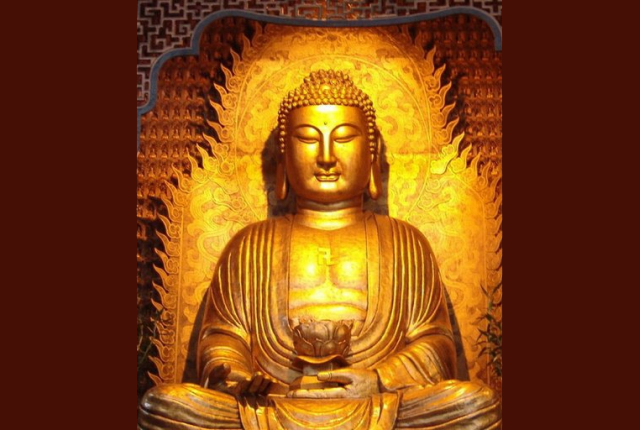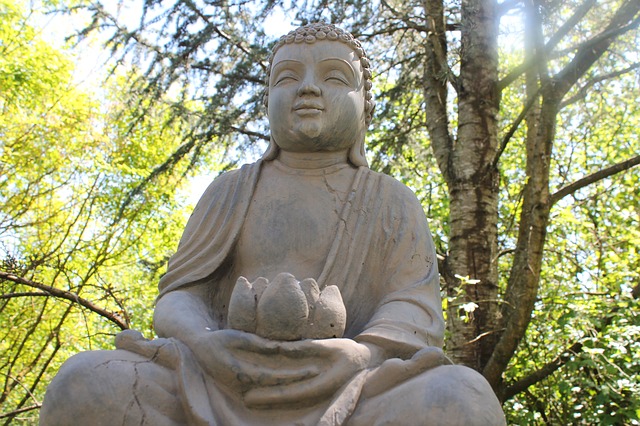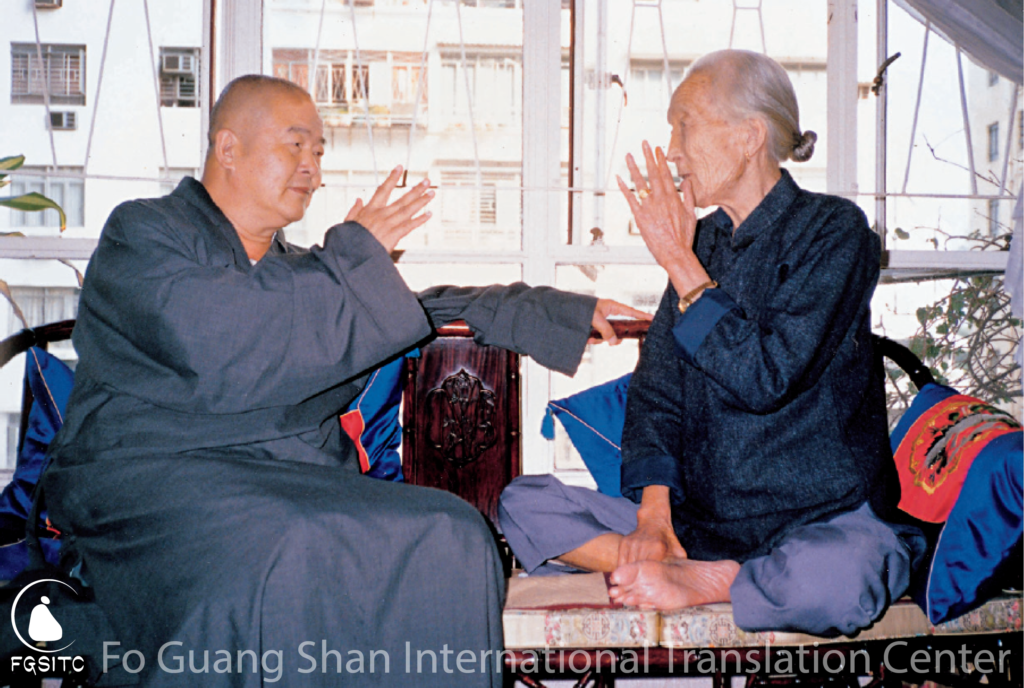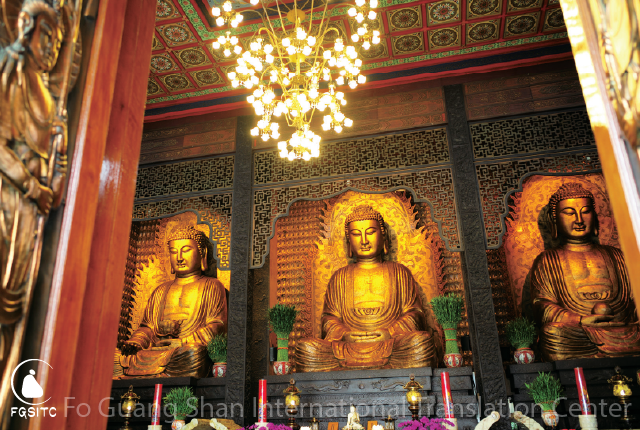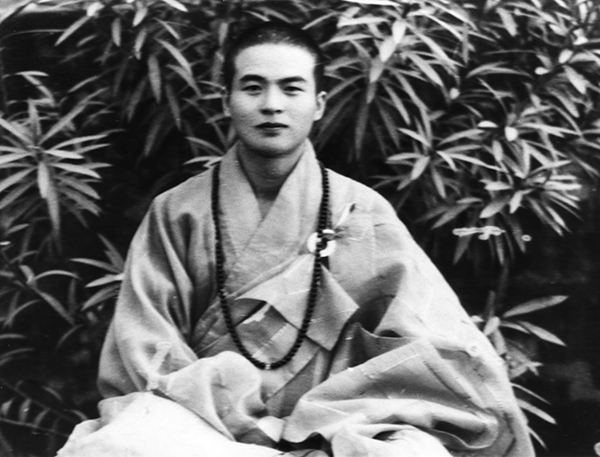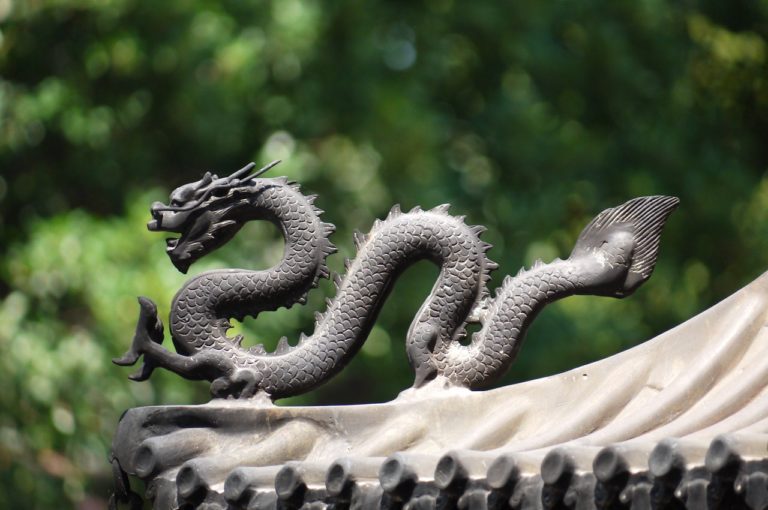
Human beings are social animals; we cannot live apart from community. As Buddhists, we are told to seek the Dharma among the people, for the Dharma does not exist in some other world or far away place; the Dharma is here among us, embodied in each and every being. When we understand that human society is nothing other than a web of human relationships, we will understand just how crucial our relationships are.
The cornerstone of happy living is to develop good relationships and nurture positive affinity with others.
Each link in the web, or each person in a community, affects the whole. Relationships create a particular atmosphere within a community and determine whether the community—be it a neighborhood, a place of religious gathering, a family, or a different form of community—invites mutual benefit and harmony or leaves its members in a state of isolation and conflict. Once we see how the repercussions of even one relationship can impact an entire community, we will learn to treasure each relationship and invest our most sincere and open efforts to creating relationships that are healthy and beneficial.
Wholesome actions are the seeds of good relationships, while unwholesome actions breed problems in our relationships with others.
We also need to understand that human relationships, like all phenomena, develop within the truth that, “All worldly phenomena arise out of causes and conditions; all worldly phenomena cease because of causes and conditions.” What this means is that the world is the culmination of our collective karma and conditions for being, and therefore, we all exist on an equal plane; no one has any special circumstances or advantages. Each one of us is born into this world because of our own individual causes and conditions, but the fact that we all live in this world together means that we share some common causes and conditions.
How you conduct yourself within relationships will have immeasurable influence on the lives of others, and vice versa, for relationships actually create the conditions of life that we all share.
Because of our collective karma and conditions, it is impossible for us to think simply in terms of our own individual happiness and peace. We may try to exist within a community under such personal and self-serving terms, but this inevitably leads to suffering and impedes the nourishment of affinity. How we can build affinity and live in harmony as we nurture our relationships within the community? To serve this purpose, we will need to examine many different aspects of the four great all-embracing virtues, the six points of reverent harmony, and the concept of grounding ourselves, and thereby our communities, in oneness.
From Living Affinity, written by Venerable Master Hsing Yun.
Image from Pixabay.

